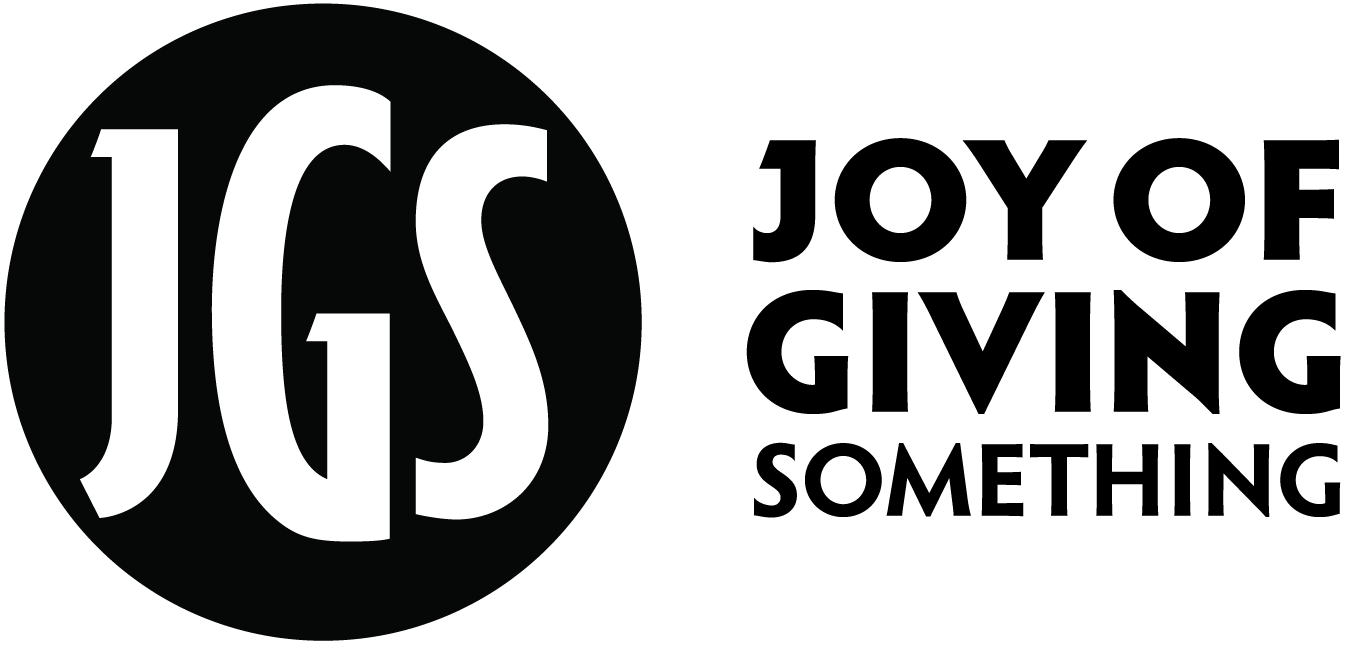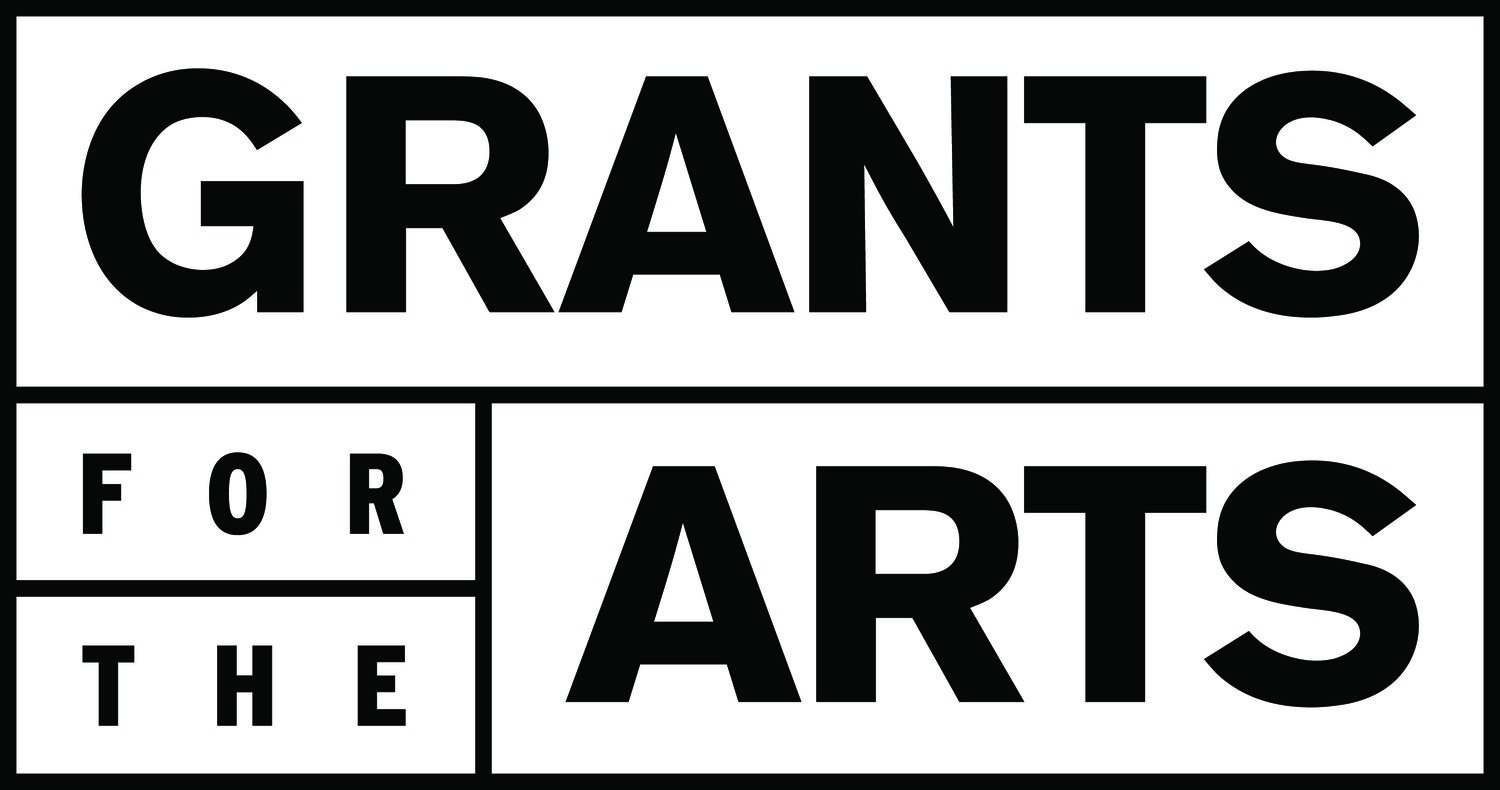WORKSHOP WITH TANYA HABJOUQA:
Intimacy of Place and Tools of Telling
Tanya Habjouqa, In Transit, exhibition at SF Camerawork, Jan 24 -Mar 15, 2019
Together with NOOR photographer Tanya Habjouqa, explore the ways you can move beyond linear narrative to create to create a felt experience for your audience. Explore critical theory around issues of representation, community engagement, participatory approaches, and the ethical considerations of using storytelling as a tool for social change.
The 4-day workshop will focus on:
- exploring what motivates your photographic practice
- defining your project and approach
- expanding research and access
- storytelling and photographic strategies
- photography as “writing”
CLASS SIZE
10 students
MEETING DATES
Thursday, February 28 - Sunday, March 3, 2019
All classes meet from 9 AM to 5 PM in the SF Camerawork Conference Room
FEE
$800
REGISTER
Enrollment is on a first come basis, space is limited!
Enrollment is immediate upon receipt of tuition payment in full, there is no refund/cancellation period. Should you need to cancel, SFC will attempt to fill spaces from the waitlist if possible, in which case a refund will be negotiated.
Should SFC or the instructor cancel the workshop, all fees will be 100% refunded.
ABOUT TANYA HABJOUQA
Tanya Habjouqa is a featured artist in SF Camerawork’s exhibition In Transit (January 24 - March 15, 2019). Born in Jordan and educated in the United States, Tanya Habjouqa resides in East Jerusalem. A photographer, artist, and educator, her work stems from long-term investments and collaborative methodology, blending ethnographic research and reportage. Examining details of conflict in the Middle East, Habjouqa addresses the presentation of these conversations by western media outlets. She is known for producing sensitive work underscored by the absurd. Habjouqa is a mentor for the ground breaking Magnum Foundation initiative, “Arab Photography Documentary Program,” and teaches intensive workshops internationally. She is trained in journalism and anthropology with an MA in Global Media with an emphasis on Middle East Politics from University of London SOAS. Her work has been exhibited world wide and is in the permanent collections of the MFA Boston, Institut du Monde Arab, and the Carnegie Museum of Art. A member of NOOR, she is also represented by East Wing and ILEX galleries.
WHAT TO BRING THE FIRST DAY:
Wear comfortable clothes.
Bring your laptop, charger, a USB stick and/or external hard drive with your image files, and prints of the work you will be editing.
Prepare your specific portfolio of a project that you’re currently working on or researching or even an ongoing project you’re having trouble with. You will present it to the group on the first day (you will have 10 minutes including introduction). Your images should be formatted, sequenced and ready for viewing on your laptop or put into a presentation.
Please prepare tight & wide edits from this project/ story you want to focus on during the workshop. Throughout the workshop, you will be working on a new edit of this work and how to present it. A tight edit can be about 8 - 15 images; a wide edit can be upwards of 40 images.
For this body of work we ask you to also bring prints that are at least 6 by 4 inches (15 x 10 cm). They don’t need to be professional prints. You will use them for selection and editing.
You will also want to have all usable material from the project available on your computer or drive in case you want to come back to them while editing. This can include additional images, writing, personal diary, research materials, video, audio or archive footage, material from charters you’re documenting etc. Think outside the box!
In order to make our short time together most rich, please think ahead which questions and points you most want to discuss at this workshop. You will be asked to share the learning points you want to address through this workshop with the group during introductions on the first day. Also imagine how you would like to disseminate the work (as a book, installation, interactive platform, etc.)
Additionally, we encourage you to bring other additional projects on your computer so you have them on hand.





